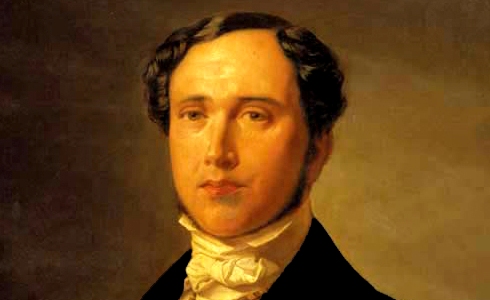 “Western civilization was equally rich in instructive myths. Just as with the teachings of spiritual texts, the lessons are all there, but we do not seem to notice them any more. Consider how Homer, in his great epic the Iliad, describes what the gods do. Even when he tells us of something as simple as the rain, notice that it is not Zeus making it rain, it is Zeus raining. Or when the sun comes up, Homer’s familiar description of Aurora’s ‘rosy fingers’ is not mere poetic license. The Dawn is Aurora. The ancient Greek view, like those of all other ancient cultures, hinged on humanity’s religious relationship with Nature. The myths that sprang from that relationship carry the same instructions about respecting Nature’s limits. No end of heroes suffer a horrible fate when they offend the gods. The story of the hunter King, Actaeon, for instance, who offends Artemis, the goddess of hunting, and is turned into a stag and torn limb from limb by his own hounds. Or the boy, Phaeton, who brags that his father, Helios, is the Sun god and demands of him proof of this by letting him drive the chariot of the Sun across the sky. The chariot is too hot to hold, the horses too fiery, and the boy is consumed by the flames as the Sun careers out of control, burning the Earth, boiling the sea and disrupting the balance of the whole universe.”
“Western civilization was equally rich in instructive myths. Just as with the teachings of spiritual texts, the lessons are all there, but we do not seem to notice them any more. Consider how Homer, in his great epic the Iliad, describes what the gods do. Even when he tells us of something as simple as the rain, notice that it is not Zeus making it rain, it is Zeus raining. Or when the sun comes up, Homer’s familiar description of Aurora’s ‘rosy fingers’ is not mere poetic license. The Dawn is Aurora. The ancient Greek view, like those of all other ancient cultures, hinged on humanity’s religious relationship with Nature. The myths that sprang from that relationship carry the same instructions about respecting Nature’s limits. No end of heroes suffer a horrible fate when they offend the gods. The story of the hunter King, Actaeon, for instance, who offends Artemis, the goddess of hunting, and is turned into a stag and torn limb from limb by his own hounds. Or the boy, Phaeton, who brags that his father, Helios, is the Sun god and demands of him proof of this by letting him drive the chariot of the Sun across the sky. The chariot is too hot to hold, the horses too fiery, and the boy is consumed by the flames as the Sun careers out of control, burning the Earth, boiling the sea and disrupting the balance of the whole universe.”
▪ H.R.H. The Prince of Wales (Tony Juniper and Ian Skell, eds.), Harmony (Blue Door, 2010) extract from page 308.





Be the first to comment on "Quote of the Week: HRH Prince of Wales, “Harmony”"